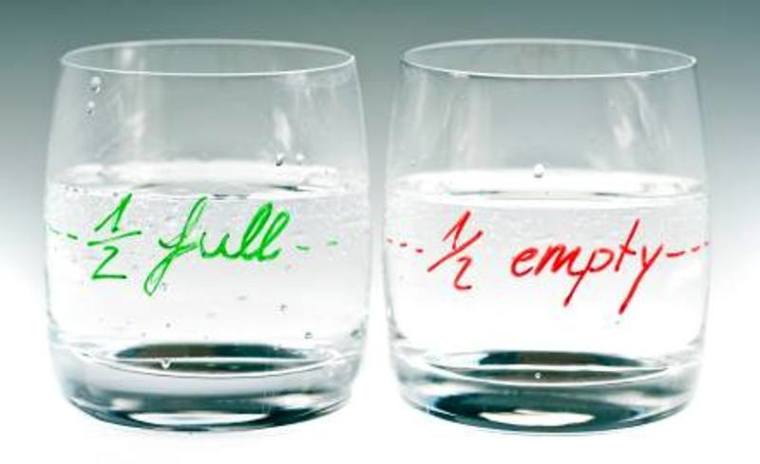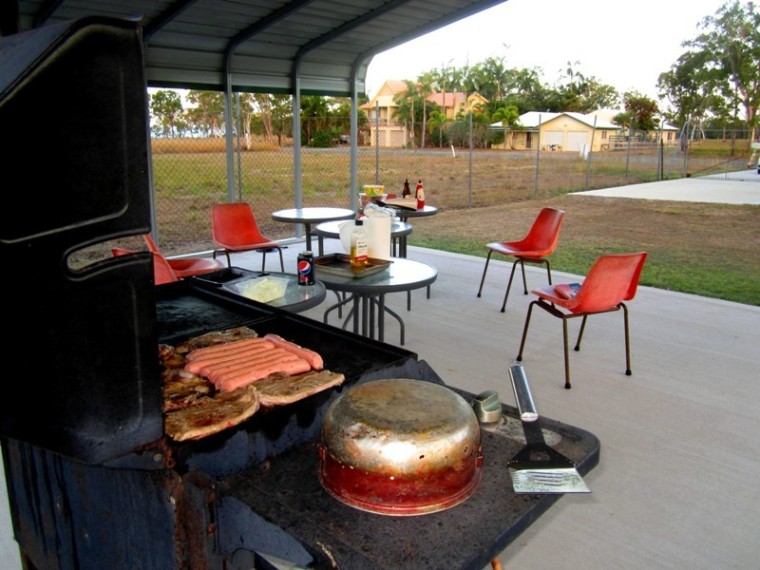
The Daily Mail reported on a mum who had given up her job to focus on being a homemaker. The mother saved more than AUD$22,000 - after giving up basic commodities including shampoo, toothpaste and toilet paper.
This thrifty mum brought her five and seven-year-old sons' toys from charity shops, growing her own food - and using water and cloths instead of toilet paper. She stated: "Before I changed my lifestyle, I was spending so much cash on "green" products without really knowing how environmentally friendly they really were or whether I was actually getting good value for money."
"I crunched some numbers and took a good long hard look at what our expenses were and was shocked by the figure," she said. "I knew that some changes had to be made and set myself eco-challenges to try and achieve the goals I wanted."
The frugal mum, who has been named 'Inspirational Saver of the Year' by online money saving site PromotionalCodes.org.uk, has changed her grocery shopping habits as well. She added: 'The prices at my local butchers and greengrocers are far more competitive than supermarkets, too.'
Other savings measures - started growing her own vegetables in a disused bathtub in her garden, rented out the spare room to students, installed solar panels and never bought another book, rather went to the local library. She explained: "I love finding ways I can get items for pennies or even for free. Reusable community sites are great for getting stuff for the kids, I got a trampoline worth £30 and mini scooters worth £60 each all for free."
Funding Missions
For as long as evangelical missions memory serves, many Christians, although perhaps not as diligent as the above illustration, Christian people have selected to do without certain mod-coms and celebrity food choices and those savings have been placed in a secure jar or tin.
The accumulation of those savings over a three or six month period have then been counted, followed by a number of options - taken to the church ear-marked for a particular mission, sent to a specific mission as a cheque or taken to the bank and placed into a specific mission account. Today, if often means a direct deposit through internet banking.
Hundreds of thousands of Christian households around the world have been engaged in this kind of sacrificial purchase choices from their expenditure – whether that be groceries or some other saving – with the monies unspent sent to missions.
Some relate the idea of this to Lent, the period prior to Easter when out of a conscience of love for the Lord's sacrifice on Good Friday, they 'go without' some food item. My late mother regularly went without ice cream during Lent. This was a personal relationship issue with the Lord, not a missions funding matter.
Creative Mission Funding Methods
Right across the world Christian people have saved their stamps, sent them into the Christian mission stamp agencies where they are carefully vetted and sold onto stamp businesses which sell them into the stamp collection market place.
The collector's stamps you purchase from a supermarket or a retail outlet has more than likely originally come through a Christian missions stamp agency. It has proven to be a phenomenal missions fundraiser.
Likewise, bottles, match boxes, shells, crafts, hand crafted cards, doilies, quilts and blankets, tea towels, hand towels, teddy bears, toys, art and all manner of such items.
Mission funding is a massive operation throughout the world and Australia too plays its part in such global missions outreach.


Dr Mark Tronson - a 4 min video
Chairman – Well-Being Australia
Baptist Minister 45 years
- 1984 - Australian cricket team chaplain 17 years (Ret)
- 2001 - Life After Cricket (18 years Ret)
- 2009 - Olympic Ministry Medal – presented by Carl Lewis
- 2019 - The Gutenberg - (ARPA Christian Media premier award)
Gutenberg video - 2min 14sec
Married to Delma for 45 years with 4 children and 6 grand children